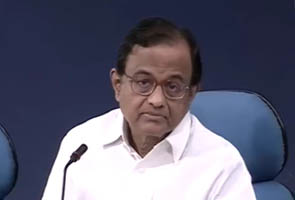
‘Financial package will not solve the Nagaland problem’ A decade-long ceasefire hasn’t solved anything. NSCN(K) members tell AVALOK LANGER that the Indian government has failed to broker peace because it is yet to understand the aspirations of the people In 1980, disputes over the Shillong Accord saw Isak Chisi Swu, Thuingaleng Muivah and SS Khaplang break away from the Naga National Council,...













